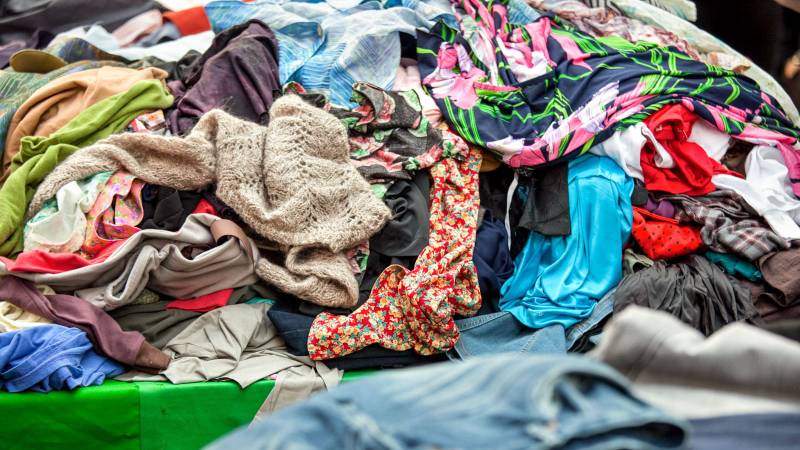ERP (European Recycling Platform) has made a significant move in the fight against textile waste, announcing the establishment of the ERP Italia Textile Consortium. This groundbreaking project aims to achieve a remarkable 50% recycling rate for textile waste in Italy by the year 2035.
As a pan-European organization specializing in the regulation-compliant management of waste electrical and electronic equipment, batteries, and accumulators, ERP recognizes the urgent need to address the growing issue of textile waste. With Italy projected to experience a staggering 63% increase in textile waste by 2030, the formation of this consortium is a timely and essential response.
The ERP Italia Textile Consortium operates under the principles of Extended Producer Responsibility (EPR) and brings together obligated entities involved in textile waste management in Italy. This non-profit entity is the first of its kind, offering a truly European perspective thanks to ERP’s membership in a global group spanning 18 countries and 41 collective collection systems.
By leveraging the strength of this collective approach, the consortium intends to play a pivotal role in fostering a more sustainable textile industry. The effective implementation of the new European directive, which places the responsibility of textile waste collection on companies, will be significantly streamlined through the unified system offered by ERP. This consolidated approach will benefit Italian manufacturers and obligated parties, simplifying compliance management while maximizing efficiency and cost-effectiveness.
The urgency to address the textile waste crisis is emphasized further by the alarming statistics. Currently, over 78% of textile waste in Europe, equivalent to approximately 5.6 million tons, is either dumped in landfills or incinerated. In Italy, only a mere 10% of the total consumed textiles are collected for recycling, amounting to around 157,000 tons from a million-ton total.
The ERP Italia Textile Consortium understands the pressing need for immediate action. By bridging the gap between textile production and separate collection, the consortium is aiming to revolutionize the textile waste management system in Italy. To accomplish this ambitious goal, ERP is reaching out to manufacturers and stakeholders across the nation, inviting them to collaborate in defining a sustainable and efficient system.
Furthermore, the environmental impact of the textile industry cannot be underestimated. In Europe, textile consumption ranks fourth in terms of climate change impact and third in terms of water and land use globally. A study by the European Environment Agency (EEA) reveals that the average EU citizen consumes approximately 14.8 kilograms of textiles each year, encompassing clothing, household textiles, and footwear.
The establishment of the ERP Italia Textile Consortium marks a significant step forward in transforming the textile industry into a more sustainable and responsible sector. With the support of a global network and collective effort, Italy aims to lead the way in textile waste recycling, setting new standards for the entire European Union.

